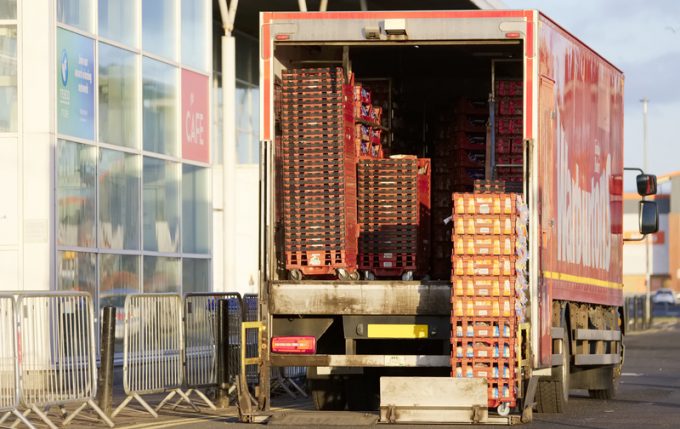Truck driver shortage in Europe at crisis level – and is set to get worse
Europe’s road freight industry continues to suffer from a crippling driver shortage crisis, with around ...

Independent hauliers are being advised to steer clear of ’limited company’ (self-employed) drivers, with claims that UK traffic commissioners are cracking down on their use after complaints from multinationals.
Under IR35 legislation, hauliers generating less than £10.2m ($13.7m) in turnover are exempt from rules prohibiting the use of limited company drivers, however, sources have been telling The Loadstar that this is not true in practice.
“We’ve been advised in no uncertain terms not to contract limited company drivers, as doing so could ...
USTR fees will lead to 'complete destabilisation' of container shipping alliances
Outlook for container shipping 'more uncertain now than at the onset of Covid'
Flexport lawsuit an 'undifferentiated mass of gibberish', claims Freightmate
Cancelled voyages take the sting out of spot rate declines this week
Shippers warned: don't under-value US exports to avoid tariffs – 'CBP will catch you'
New Houthi warning to shipping as rebel group targets specific companies

Comment on this article